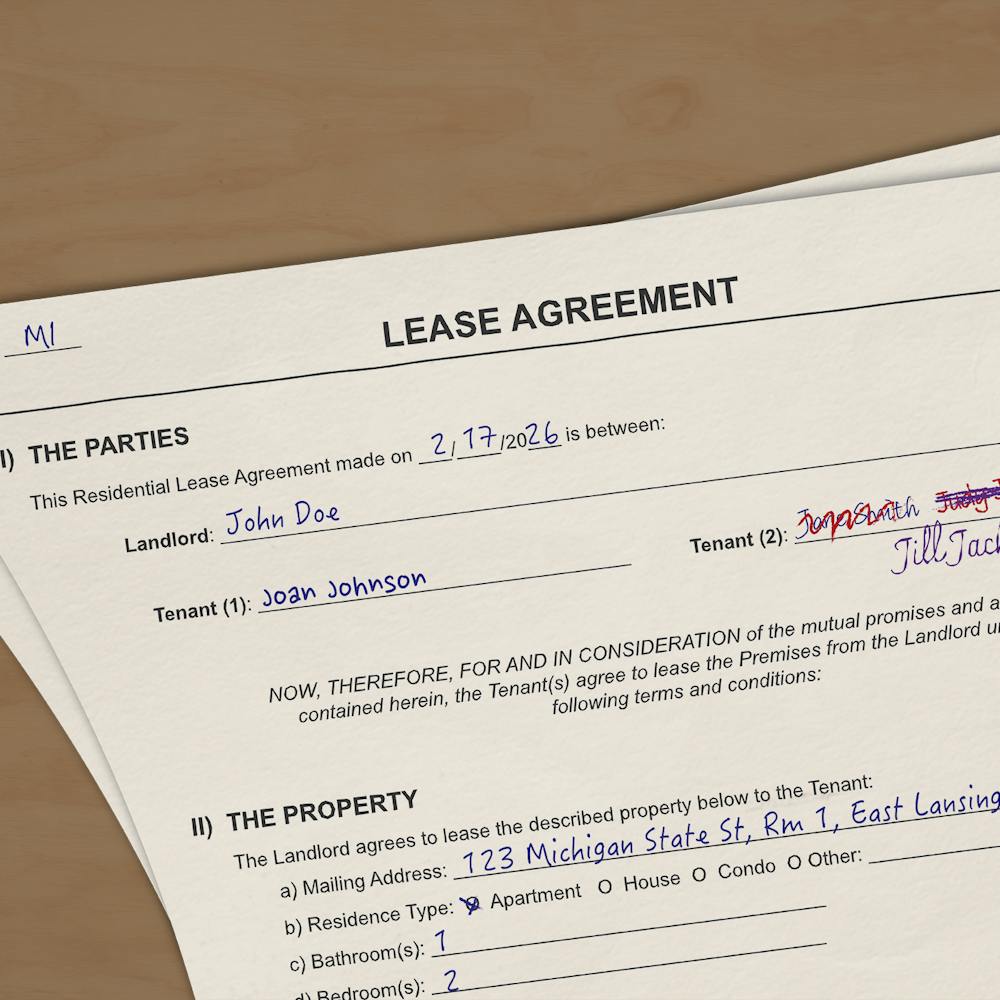Inflation in Venezuela has made even basic groceries an unusual expense, and the increasing crime rate also has caused constant tension in the country.
“The Venezuelans were sick and tired that they had to do three hour lines in order to get the basic foods ... we were fearful that we were going to get mugged after getting our food,” Garcia said.
Many Venezuelan people have taken to the media to express their frustration with government and personal safety, only to meet censorship and the risk of reporters being imprisoned.
On Feb. 12, a group of students in the country decided to take action with peaceful protests. Hundreds of Venezuelan soldiers were deployed to Caracas Monday in an attempt to dispel some of the protests, according to news reports.
There currently are 10 u ndergraduate students and one graduate student at MSU from Venezuela, according to the university’s Office of International Students and Scholars.
Garcia said the fear of something happening to family and friends back home is always there for Venezuelan students attending MSU.
“I think not only me, but all the Venezuelans in MSU, we are feeling afraid,” he said. “We have fear that our families could end up being attacked.”
As far as international reception goes, journalism professor Fred Fico said some action could be taken to protect the rights of reporters within Venezuela, even if it’s only a small show of support.
“I don’t anticipate anything besides a talk or dialogue, or maybe offer asylum to the journalists that have been exiled, mostly because minorities are being oppressed and all sorts of civil liberties are violated,” Fico said.
Economics sophomore Alvaro Posada, an international student from Venezuela, said delinquency in the country is the worst it has ever been.
“Every time you go out to the streets, you are in danger,” Posada said. “One of my friends was kidnapped for three days, and students are getting arrested under no real purpose, under no rights.”
Some international students from Venezuela say the conflict was bound to happen eventually.
“It was only a matter of time,” Garcia said. “It was a ticking time bomb.”
Garcia said people became frustrated with the risk associated with fulfilling basic needs.
“Food was way too expensive. You needed two minimum payments in order to buy the basic groceries,” he said. “What you had today to buy a Coke will be enough to buy half a Coke tomorrow.”
International student Alvaro Porras said the government retaliation continues to threaten their right to free expression in Venezuela.
“The government’s response toward these peaceful protests was resorting to violence, and gunshots were heard all over Venezuela,” the mechanical engineering sophomore said. “They took away our freedom of speech.”
Garcia said reporters were put in prison or exiled, leaving social media as the main source of information.
Venezuela has been fully censored, and, as a result, there has been less help from the international groups such as the Organization of American States and the United Nations, Posada said.
“With respect with social media, we still feel as disconnected as the people in Venezuela,” Garcia says. “We kind of feel like we should be there, it’s really sad. We can’t ?participate unless by simply spreading the word.”
Although he admits to ?feeling powerless in the situation, Garcia said he remains hopeful that the situation can improve.
“What I most feel at this moment is impotence for the things that are happening, but at the same time I feel ?hopeful that there will be ?a change toward peace any day now,” he said.






